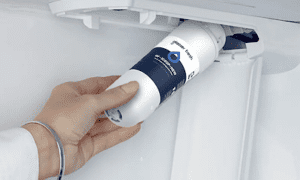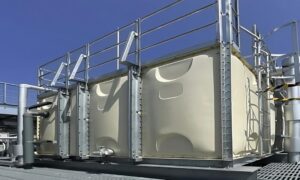You might be wondering what to look for in water filters for everyday use, but don’t know where to start. This article provides information on what you should look for in a water filter. You’ll learn about the types of water filters, which ones will be best for your home, and which ones won’t reduce contaminants as much as others. Once you’ve mastered the basics of water filtering, you’ll be well on your way to a healthier home.
The top-rated water filters for everyday use and most common household water filter uses activated carbon granules, also called active carbon. Charcoal is a porous form of carbon made by burning wood in reduced oxygen. It has a large internal surface area and absorbs chemical impurities. These filters trap these particles through a process called adsorption. A water filter that uses granular activated carbon is effective at removing up to seventy different contaminants.
Cost is another factor to consider when purchasing water filters. While faucet-mounted filters and carafe-style water filters are inexpensive, faucet filters and whole-house systems can cost as much as 900 dollars. Remember to factor in the initial cost of installation and maintenance when considering which type of filter to buy. Some filters have multiple steps that require changing their parts, so check their estimated lifespans before purchasing. They don’t need to be expensive.
A membrane filter is another type of filter. This type of water filter filters water before it reaches the faucet. It screws onto the faucet and installs below the sink. It also reduces odour, bacteria, and chlorine. Some models have an option for shower head filtering, which can reduce the amount of water emitted through a shower head. In-sink filters also have the advantage of filtering water before it reaches the faucet.
In addition to physical filters, there are cartridge and backwashing water filters. Both of these types of filters remove sediment from water. The main difference between them is the type of filtration they use. Physical filters remove sediment, while active filters change the contaminant. The result is cleaner water, and no sediment or sand. If you’re concerned about your health and want to make sure that you get the most out of your water, then a cartridge water filter will be the way to go.
While water filters are an important tool to improve health, it’s best to check your local water quality report every year. These reports are produced by your water utility. They should provide you with a report that shows how contaminated your water is and how to fix it. If you’re worried about the lead levels in your water, you can consider buying an NSF/ANSI Standard 53 or 58 certified filter. The standards are set by NSF International, a public health organization with a mission to improve global human health.
A faucet filter is a good choice if you don’t want to spend a lot of money on water filtration. These water filters attach directly to your kitchen faucet and filter water as it flows out of the faucet. Unlike pitchers, countertop filters are more convenient. However, they can occupy a lot of counter space and may require frequent replacement. A countertop filter, on the other hand, can’t be used on all faucet models.



































